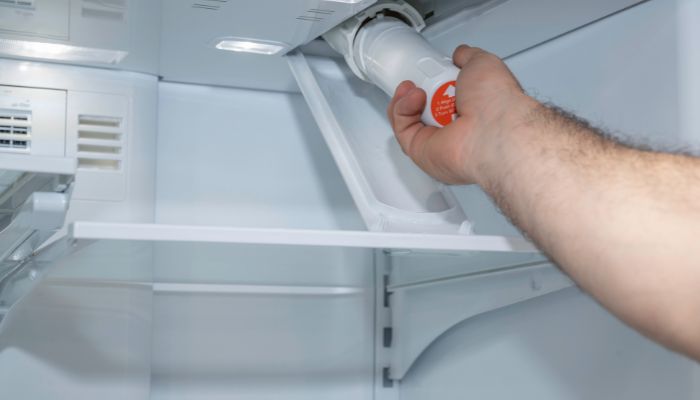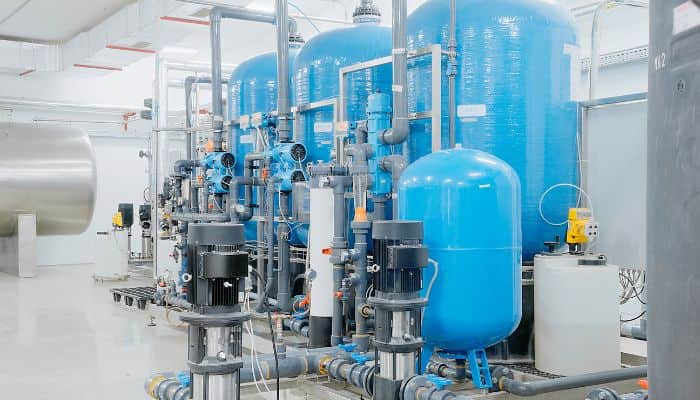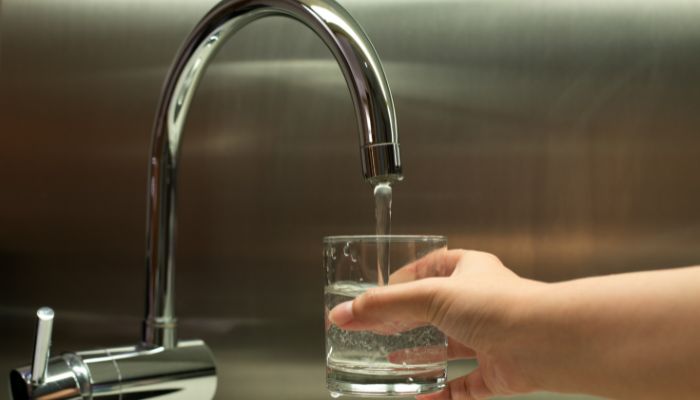At BestCleaningTools, I believe that clean and safe drinking water is a basic human right. Unfortunately, not everyone has access to this vital resource.
In many parts of the world, water sources are contaminated with harmful pollutants, bacteria, and viruses. Even in developed countries, tap water can contain trace amounts of chemicals and heavy metals that can be harmful to our health.
In this guide, I will provide you with everything you need to know about water filtration. I will cover the different types of water filters available, how they work, and which one is right for you.
Why is Water Filtration Important?
Water is essential to life, and it is important that the water I drink is safe and clean. Contaminated water can cause a range of health problems, from mild gastrointestinal issues to serious illnesses like cholera, typhoid fever, and even cancer.
Water filtration is the process of removing impurities and contaminants from water, making it safe for consumption.
How to Filter Water at Home? (DIY Water Filtering Methods)
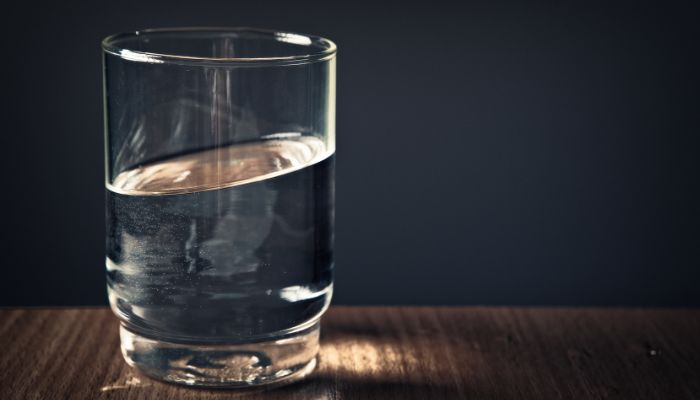
Access to clean and safe drinking water is essential for human health. However, not all sources of water are created equal, and many people around the world lack access to clean water.
I gathered several DIY water filtering methods that can help improve the quality of your water. In this comprehensive guide, I will explore some of the most effective and affordable DIY water filtering methods.
Boiling
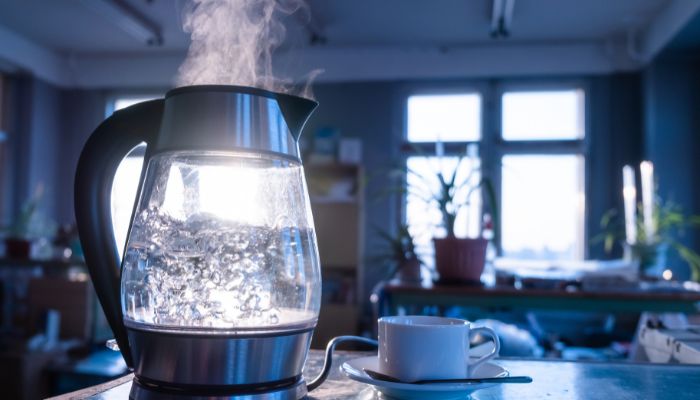
Boiling is one of the oldest and most effective methods for purifying water. Simply bring water to a rolling boil for at least one minute to kill most types of bacteria, viruses, and parasites.
Boiling is especially useful when camping or hiking in remote areas where access to clean water may be limited.
Attention: Boiling does not remove chemicals, heavy metals, or other contaminants that may be present in the water.
Activated Carbon Filters
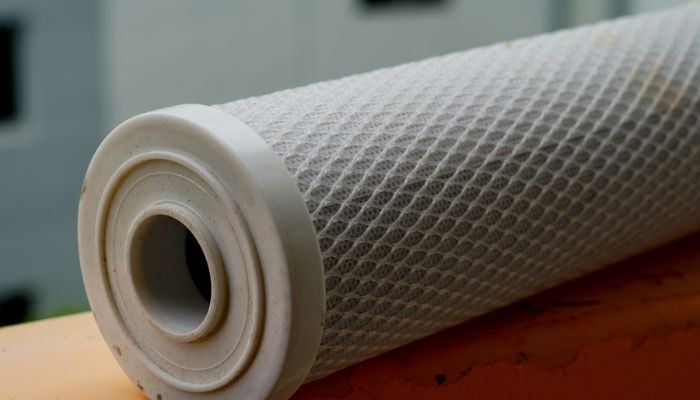
Activated carbon filters are commonly used in commercial water filtration systems, but they can also be used for DIY water filtration. Activated carbon is a form of carbon that has been treated with oxygen to open up millions of tiny pores between carbon atoms.
These pores absorb contaminants such as chlorine, sediment, and volatile organic compounds (VOCs). Activated carbon filters can be purchased online or at hardware stores, and they are relatively inexpensive. They are also easy to install and require little maintenance.
Sand Filters
Sand filters are another DIY water filtration method that is effective at removing sediment and other particles from water.
Sand filters work by passing water through a layer of sand, which traps particles as the water flows through. Sand filters can be made from materials such as PVC pipe, sand, and gravel, and they are relatively easy to construct.
Attention: Sand filters do not remove bacteria, viruses, or chemicals from water, and they require regular maintenance to prevent clogging.
Ceramic Filters
Ceramic filters are a type of DIY water filter that can remove bacteria, parasites, and other contaminants from water. Ceramic filters are made from porous ceramic materials that trap contaminants as water passes through.
Ceramic filters can be purchased online or at hardware stores, and they are relatively inexpensive. They are also easy to install and require little maintenance.
Reverse Osmosis
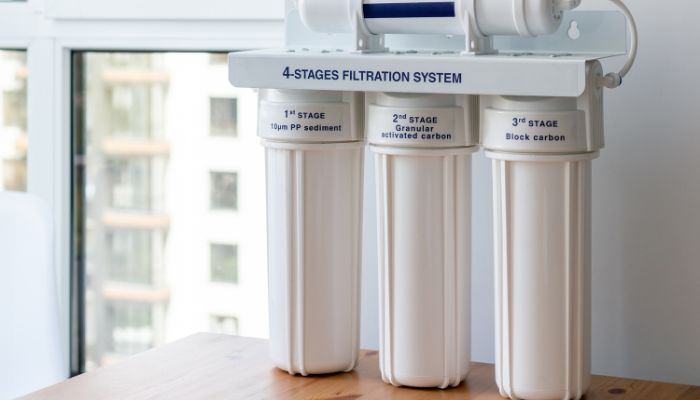
Reverse osmosis is a more complex DIY water filtration method that is effective at removing a wide range of contaminants from water. Reverse osmosis works by forcing water through a semipermeable membrane that traps contaminants such as minerals, salts, and heavy metals.
Reverse osmosis systems can be purchased online or at hardware stores, but they are more expensive and require more maintenance than other DIY water filtering methods.
Ultraviolet Light
Ultraviolet (UV) light is a DIY water filtering method that can kill bacteria, viruses, and other microorganisms in water. UV light works by disrupting the DNA of microorganisms, which prevents them from reproducing.
UV water purifiers can be purchased online or at hardware stores, and they are relatively easy to install and require little maintenance.
Attention: UV light does not remove other contaminants such as chemicals or heavy metals.
Which Water Filter is Right for You?
Choosing the right water filter depends on several factors, including the quality of your water, your budget, and your lifestyle.
If your water is heavily contaminated, you may need a more advanced filtration system like reverse osmosis. If you are on a budget, an activated carbon filter may be a good option. If you are looking for a portable option for camping or travel, a ceramic filter may be a good choice.
Take in Addition to DIY Water Filtering Methods
In addition to DIY water filtering methods, there are also several steps you can take to prevent water contamination in the first place. These include:
- Testing your water regularly for contaminants
- Keeping your water storage containers clean and sanitized
- Avoiding the use of pesticides and herbicides near your water source
- Properly disposing of hazardous waste and chemicals
- Installing a backflow prevention device to prevent contaminated water from entering your water supply
- By taking these steps and using a DIY water filtering method that is appropriate for your water source, you can enjoy clean and safe drinking water without breaking the bank.
Note: Remember to test your water periodically and replace your filter as recommended by the manufacturer to ensure that your water is always clean and safe to drink.
People also read: How to Make Deionized Water?
Benefits of Using a Water Filtration System
:max_bytes(150000):strip_icc()/water-filtration-purpose-1907916-hero-aabf1e8a9fde40d78cef32559f3c2036.jpg)
Using a water filtration system can provide several benefits, including:
- Improved taste and odor of water: Filtration can remove unpleasant tastes and odors from water, making it more palatable.
- Reduced risk of illness: Filtration can remove harmful contaminants and bacteria from water, reducing the risk of waterborne illnesses.
- Cost savings: Investing in a water filtration system can save you money in the long run, as you will not need to purchase bottled water.
- Environmental benefits: Using a water filtration system can reduce the amount of plastic waste generated by bottled water.
Conclusion
Clean and safe drinking water is crucial for good health, but unfortunately, not everyone has access to it. That’s why water filtration is so important.
In this comprehensive guide, I’ve covered the different types of water filters available and the DIY water filtering methods that can help you know enough about how to filter water at home.

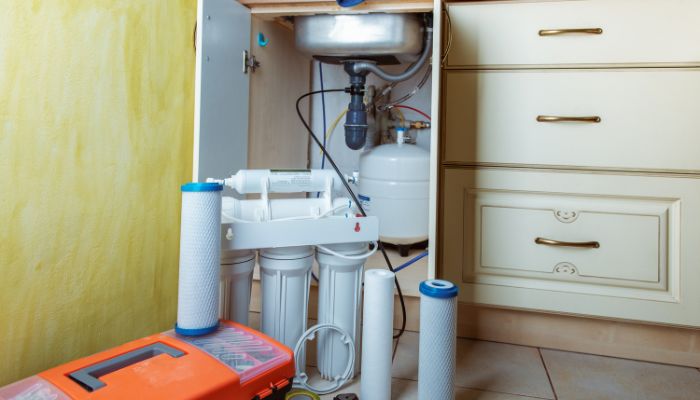
![How to Use Sand to Filter Water? [Nature's Purifier 2023]](https://bestcleaningtools.com/wp-content/uploads/2023/05/Untitled-design-6.jpg)
